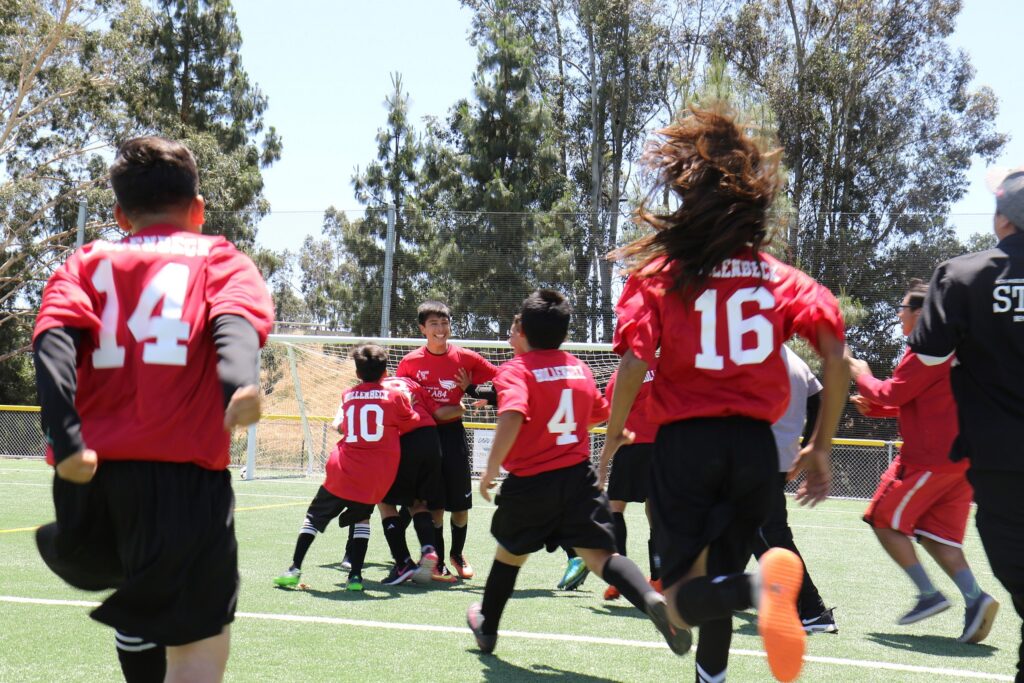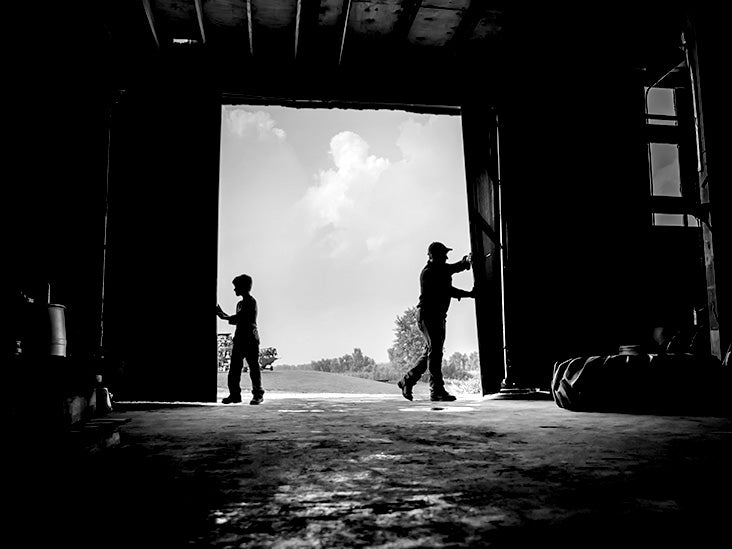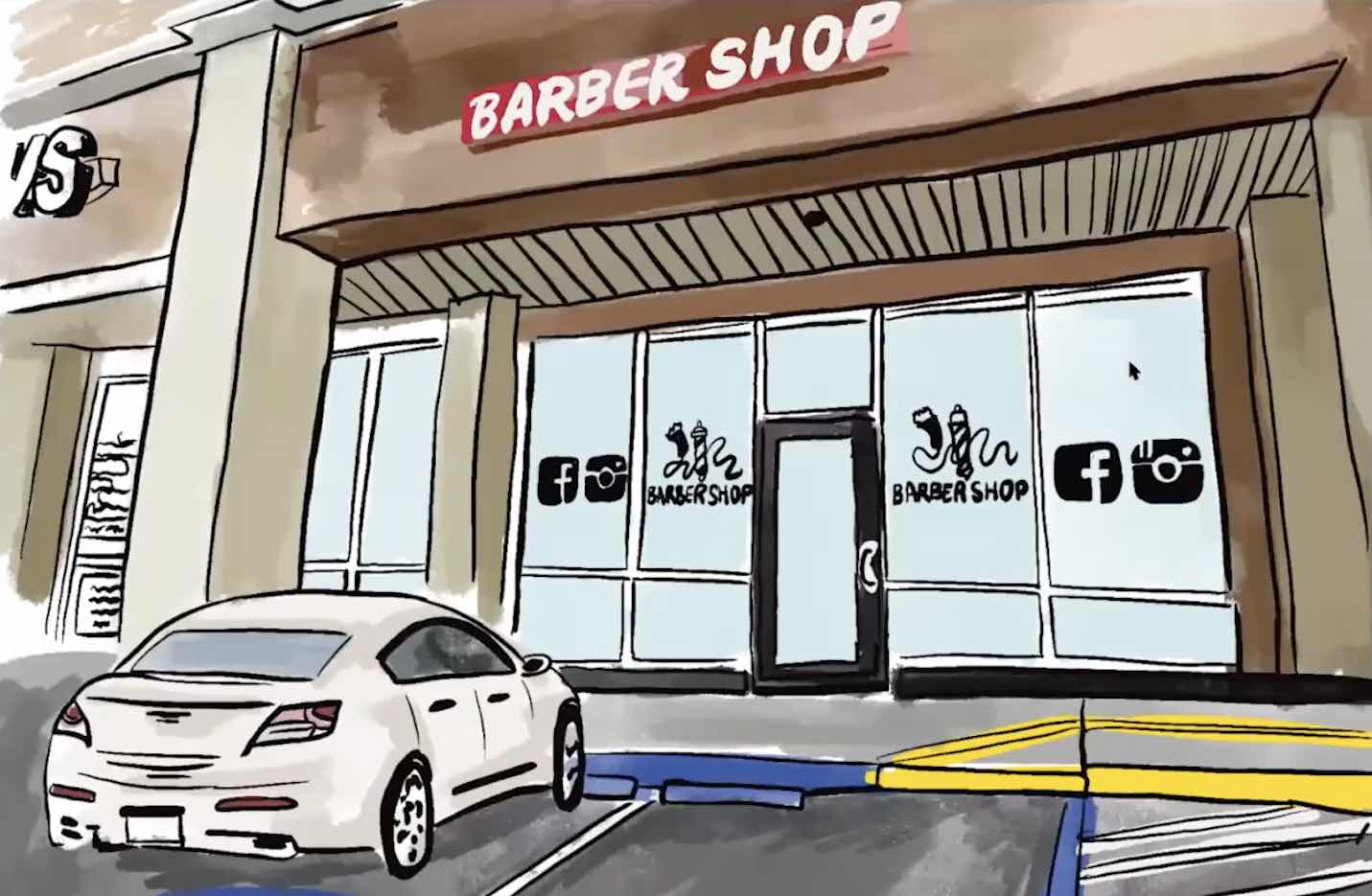[ad_1]
 Courtesy: LA84 Foundation
Courtesy: LA84 Foundation Courtesy: LA84 Foundation
Courtesy: LA84 FoundationLearning loss, disengagement, anxiety and depression are soaring among young people, and our schools need a radical rethink to address this before the next academic year begins. A recent New York Times survey of 362 school counselors revealed that a pandemic-related loss of social-emotional learning skills continues to wreak havoc on students’ well-being. Ongoing Covid-19 disruptions and a record-high number of school shootings are exponentially adding to stress levels. Solutions are needed for this mounting mental health emergency before our window of opportunity closes.
I believe we start by giving more children equal access to play — a concept called play equity. It’s about who has opportunities to participate in physical activities and who does not. All young people deserve access to recess, unstructured playtime, team and individual sports. As a mother, athlete and professional in the youth sports world, I’m keenly aware that play is one of the most underutilized and powerful solutions available. As a much-needed outlet for stress and a way to build positive relationships, regulate behavior and boost self-esteem, sports also help kids academically.
Unfortunately, the play equity gap has only increased since 2020. It hit our most vulnerable communities the hardest — those with longstanding inequities, who were disproportionately affected by Covid. Where I’m from, in Los Angeles County, 50% of youth reported being less active since the start of the pandemic. New data shows that as household income increases, so do activity levels. Children from homes with income under $35,000 a year play far less as they are unable to access the resources they need to be active and healthy. This is not a personal failing. It is systemic inequity. Our institutions do not provide quality opportunities for all young people to play.
This is not about talent or training. It is about access, opportunity, teamwork and coach mentorship. Many public schools have defunded sports programs, and most offer physical education just a few days a week. This reinforces a pay-to-play youth sports culture with few free and low-cost opportunities at a time when they are most needed. In my own industry, I have repeatedly seen how this plays out in poor communities and communities of color. That’s why I’m passionate about my work at LA84 Foundation and The Play Equity Fund, which sponsors youth sports and play programs to ensure that every child benefits from essential and, sometimes, lifesaving physical activity.
It’s more than a passion for me, though. It’s personal. Just before Covid began, my son was diagnosed with a learning challenge, and he was struggling academically. We moved him to a private school with more resources; his therapist suggested team sports would help. Even in one of the best public schools in our district, they only had a PE teacher three days a week and there were no afterschool sports programs. But at his new school, he has PE daily and access to a variety of team sports. The immediate improvement in his self-esteem, his grades, and his physical health was incredible. It reaffirmed what I already knew: Physical activity and play benefit all and cannot be just for the privileged.
Understandably, post-pandemic funding remains largely focused on the impact of learning loss. I get it, our kids need to catch up. But it’s more than academics that have suffered. Sports not only promote emotional and social well-being, but they also keep kids engaged in school. A recent study showed that 60% of kids in sports attended school far more when they played sports. They also tried harder and participated more in academics. Growing up in LA, I showed up to classes because I got to play basketball and tennis. Despite having excellent teachers and being a decent student, if it weren’t for the confidence and positive social connections I formed with my teammates, I likely wouldn’t have been as successful academically.
The research is clear: Students are struggling, and under-resourced teachers are being asked to do too much. According to Meredith Whitley, author of the President’s Council report, there are 1.2 million mental health professionals in the U.S. and a largely untapped pool of 6.5 million youth coaches available to support our young people. But they need more resources including funding and training, and we need them in every school, for every age group. Parents, teachers and staff must build a play equity movement and demand more sports programs with options before, during and after school — for all students, regardless of ability, location and socioeconomic background. This movement must begin at the community level.
We need a more inclusive youth sports system that includes locally driven programs focused on what young people really want and need.
Don’t know where to start? Reach out to organizations like Project Play, The PLAY Coalition, or the Play Equity Fund. We can connect you with organizations in your local community. Our children need all of us to speak up for greater access and opportunities for school-based and community sports because the road to rebuilding this generation’s emotional and social well-being begins on your local field and playground.
•••
Renata Simril is president and CEO of the LA84 Foundation, a nonprofit organization that creates sports opportunities for all kids and promotes the importance of sports in positive youth development.
The opinions expressed in this commentary represent those of the author. EdSource welcomes commentaries representing diverse points of view. If you would like to submit a commentary, please review our guidelines and contact us.
To get more reports like this one, click here to sign up for EdSource’s no-cost daily email on latest developments in education.
[ad_2]
Source link



